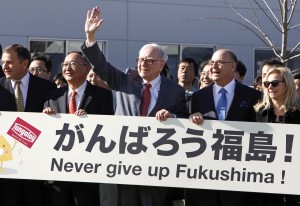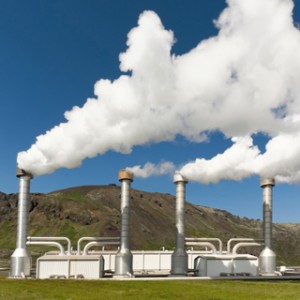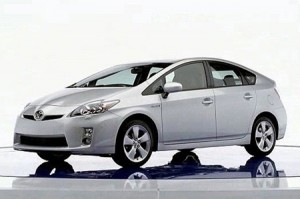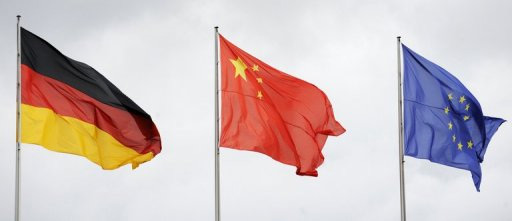The greatly renowned investor Warren Buffet recently commented on the current developments in the Euro Crisis, with Portugal’s fiscal problems at the forefront. There he says that he might not be surprised if the shaken currency of the Euro-zone might seize to exist. However, where many people would despair in a situation like this, Warren sees an opportunity to invest in Europe, as prices there fall sharply. Just recently Berkshire Hathaway bought the retailing giant Tesco.
 The investments in Europe are not however the only thing that Buffet has been up to, as just this week he went to the earthquake stricken Japan, near the Fukushima power plant and bought a 71,5% share in Tungaloy, a company that makes manufacturing tools for car production. These investments show that Warren Buffet is not afraid of investing in a market, which has been shaken by natural disasters or a fiscal crisis, and gives an example of how to behave in the market. Meaning that if you have money to spare, do not just sit on it while the economy slowly crumbles, use your money to invest and keep the market going and strong so it is able to overcome the crisis that it may find itself in.
The investments in Europe are not however the only thing that Buffet has been up to, as just this week he went to the earthquake stricken Japan, near the Fukushima power plant and bought a 71,5% share in Tungaloy, a company that makes manufacturing tools for car production. These investments show that Warren Buffet is not afraid of investing in a market, which has been shaken by natural disasters or a fiscal crisis, and gives an example of how to behave in the market. Meaning that if you have money to spare, do not just sit on it while the economy slowly crumbles, use your money to invest and keep the market going and strong so it is able to overcome the crisis that it may find itself in.








